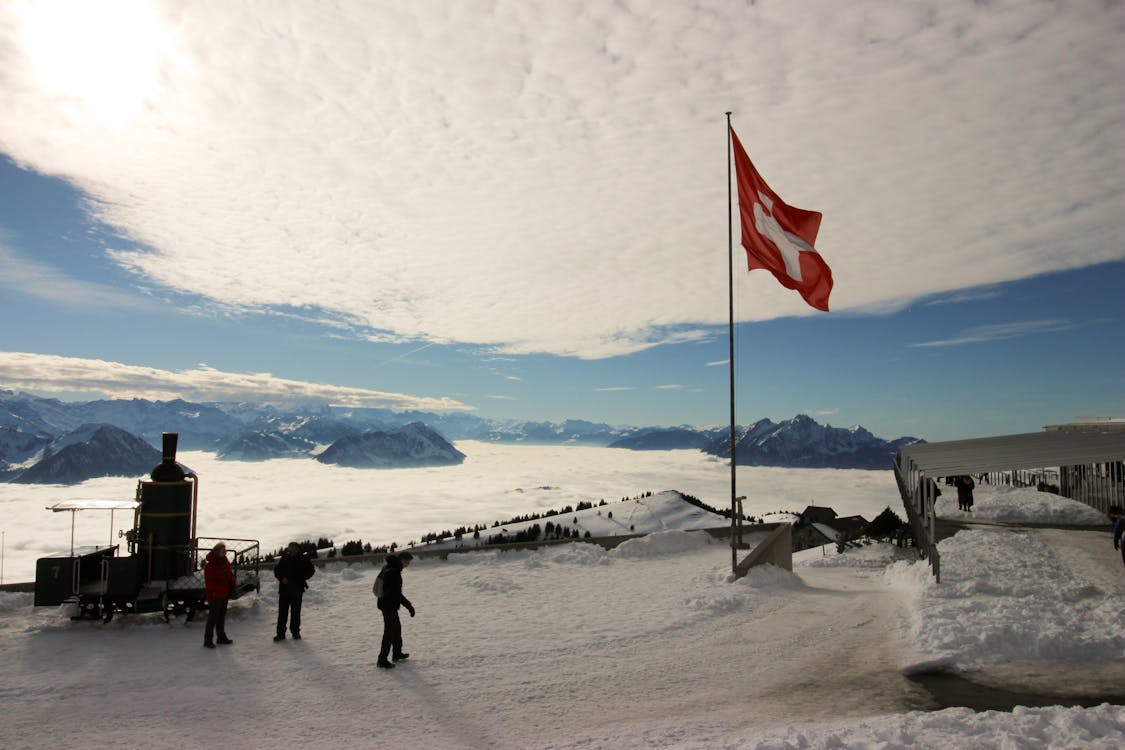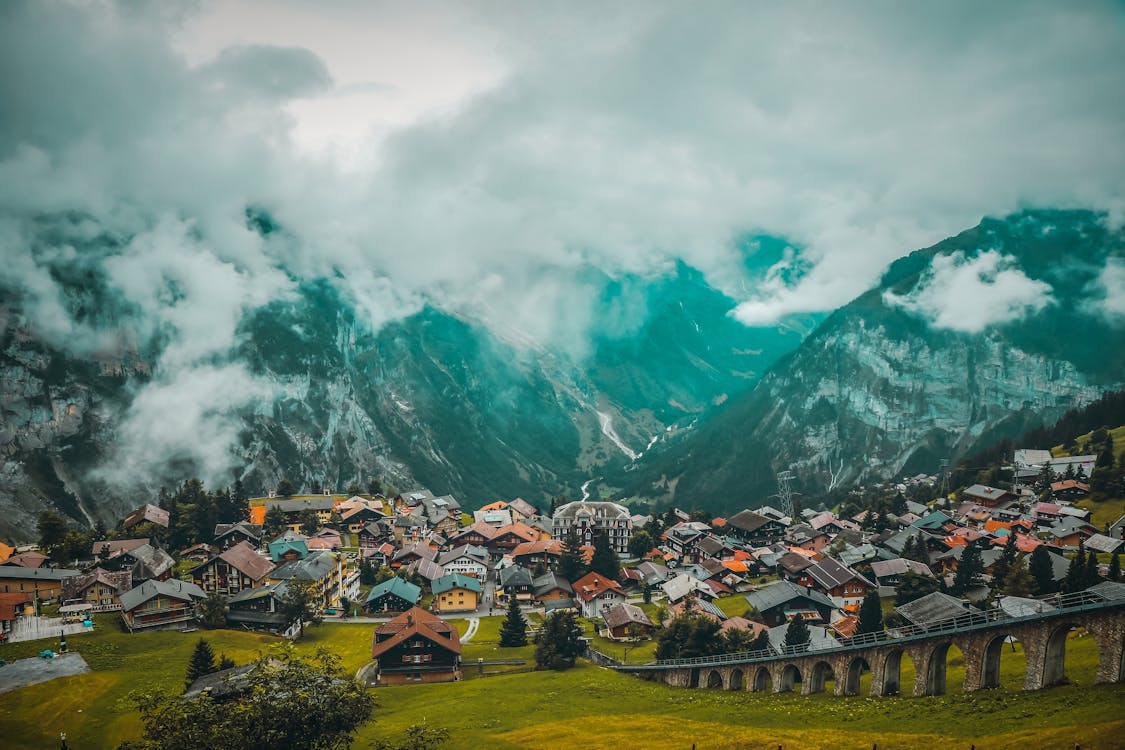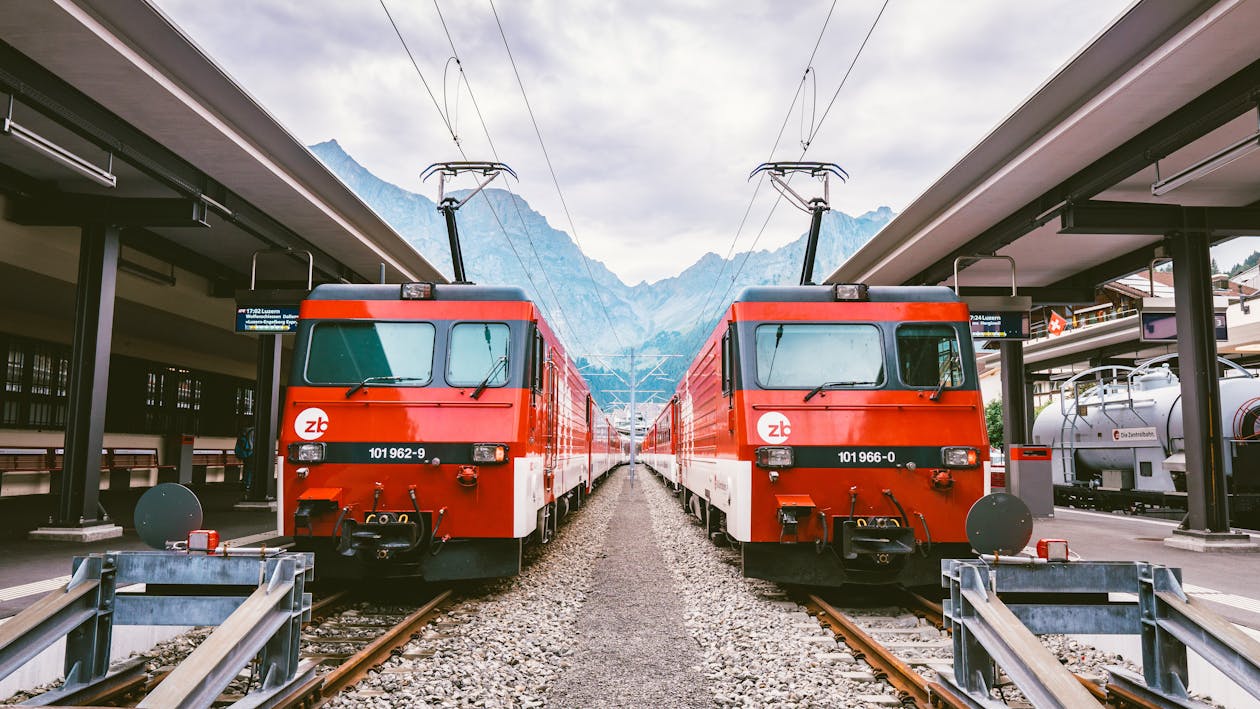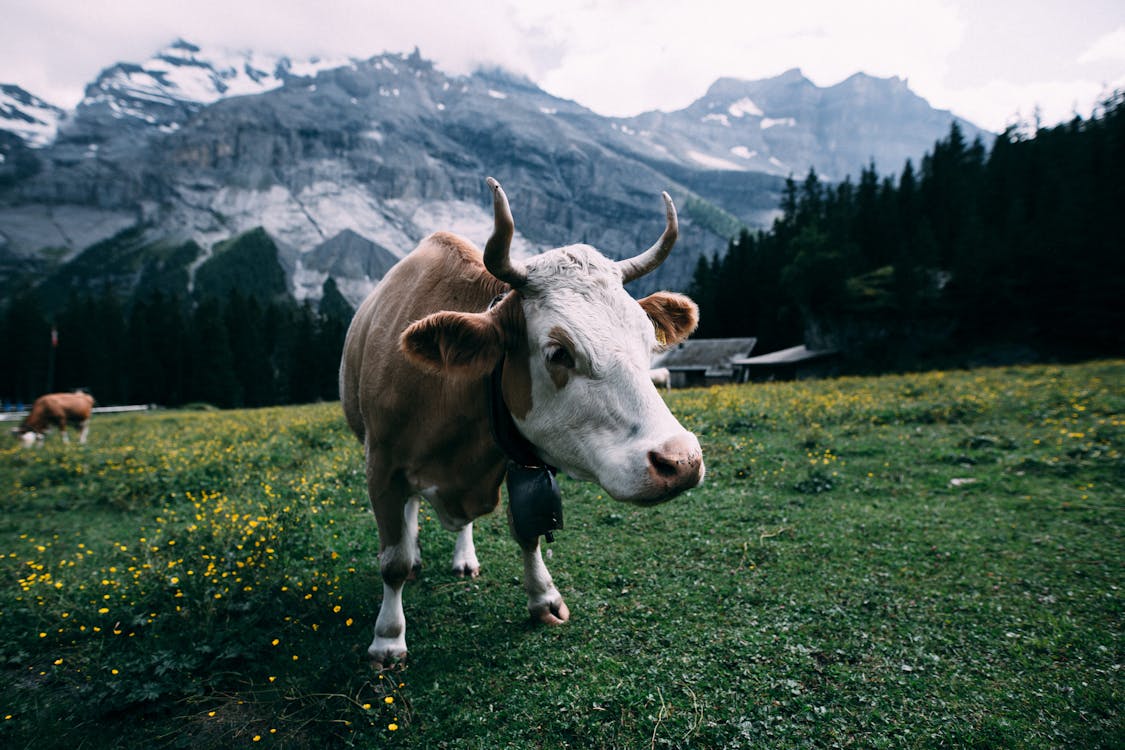Get a flavor of Swiss life on your own with these tips
Weather of Arabia - Get a flavor of Swiss life yourself with these basic tips that everyone should pay attention to before visiting Switzerland.
Prioritize what you want to see
It is possible to drive around Switzerland in just a few hours, but this small country has plenty of rich cultures, small mountain villages, vast alpine landscapes, and large lakes.
Thanks to the smooth transportation network, everything is available and easily accessible, allowing you to explore the city center in the morning, take a boat ride across the lake at lunchtime, and go up the mountain in the afternoon. So, whether you come for a weekend in the city, or take your time to explore by train, car or bike, Switzerland has something for everyone.

Pack for all weather
In general, Switzerland is characterized by seasonal forecasts, with hot summers and cold winters, but there are always exceptions that keep you on your toes.
You can come across heavy storms in the summer, while temperatures in the mountains can drop at night even after a very hot day - and snow is not uncommon in August. Be prepared for all eventualities, and always make sure to pack more clothes than you think you'll need if you're exploring mountainous regions. The Federal Weather Service is a reliable source for accurate local weather forecasts.
Download the SBB app and find Supersaver tickets
The easiest way to buy train tickets is via the app provided by SBB/CFF/FFS, the Swiss railway service.
You can enter your credit card details the first time you use the app, and then you can purchase any ticket with just two clicks. If you buy on the day of travel, prices are fixed throughout the day (ie no early or off-peak deals), but if you can plan ahead, look for Supersaver tickets that can knock the price down a few francs. Multi-day transit cards and day cards can also save you money.

Reserve hotels and mountain cabins in advance
Switzerland is a popular place, so accommodation must be booked in advance. Always plan ahead, especially if you're on a tight budget. It doesn't just apply to towns and popular resorts - even a sleeping bed in a rustic cabin high in the mountains can be in high demand in high season.
Don't forget to pack a sleeping bag, which is mandatory in most high mountain cabins.
Be prepared to spend a lot of money
Everyone knows that Switzerland is an expensive place. There are ways to travel cheap here, but it's wise to accept that some things are unavoidably expensive - save money upfront to enjoy the nicer things. While it may hurt to pay for food, accommodation, and travel, it will be worth it when you stand on top of a mountain and take a selfie in front of a landscape that will make your friends think you've Photoshopped it - believe me.

Don't assume everyone is fluent in many languages
Although the country has a distinct national identity, its four official languages - French, Swiss German, Italian, and Romansh - divide the country into distinct linguistic regions. Although there is some overlap in cities such as Biel/Bienne and Friborg that cross linguistic borders, linguistic differences can be very pronounced in the rural areas called "Rustigraben", where you can find a Francophone village on one side of the border and a Swiss German speaking village Five kilometers away. And although many Swiss are multilingual, don't assume that everyone speaks the language of others - many people may be more likely to speak English rather than another Swiss language.
do you speak German? Swiss German is not the same
German speakers may come to Switzerland thinking they will have no problems understanding the Swiss, but that may not be the case. German - or High German - is very different from Swiss German, so native German speakers can sometimes find themselves confused. And not only that, but Swiss German is not a single language - it includes different varieties of dialects across the region. However, don't despair if you greet someone with "Grüezi" (hello) only to get "Grüessech" in response - they'll appreciate the effort you put in even if you're wrong.

Use local area names
Likewise, you will make friends quickly if you use the correct names for things, not the ones translated into English. If you say Lake Geneva to a Lausanne resident, you'll get a sharp look around Lake Leman. Similarly, Lake Lucerne is actually Ferwaldstättersee, and Lake Constance is Bodensee.
Leave a tip if you like, but it's not mandatory
There is not much tipping culture in Switzerland. Although leaving 10 percent if you enjoyed a meal would be very much appreciated, it's not obligatory or expected, and certainly not if you've only had drinks at a restaurant. Prices are high enough, and salaries in the service sector are acceptable.

Don't buy bottled water - tap water is equally excellent
One of the biggest cheats in Switzerland has to be bottled water. It's expensive and unnecessary to buy since tap water is just as tasty and plentiful. Carry a reusable bottle and fill it wherever you go - including from the many fountains you'll see in cities, towns, and mountain villages across the country. Unless otherwise noted, it is drinkable and delicious. Don't be surprised, though, if restaurants grumble when you order tap water - with the exception of Ticino, they don't have a legal obligation to provide it for free and may be charged or refused to serve if you don't also order another drink.

Take care of your bags when traveling from the airport
Switzerland is generally a safe and honest country, but it's a good idea to pay attention to your bags when you're on the train from the airport, as thieves see newly arrived tourists as a prime target. Sit near the luggage rack or put your bags on the rack above your head.

Be safe in the mountains - and beware of the cows
Part of the fun of touring Switzerland is spending time in the mountains, but don't underestimate the unpredictability of nature. Make sure you are equipped with good footwear and appropriate clothing in case the weather changes. Check forecasts and trail conditions before heading out, and heed any local rules such as avoiding areas that might have rockslides or other hazards.
Better yet, tell someone where you're going and when you'll be back. Consult route maps on Wanderland.ch and save the emergency number 1414 of the Swiss Rescue Service Rega in your phone just in case of emergency. And if you see cows with calf in the fields, avoid them - although rare, there are a few cases of pedestrians being trampled by angry mothers.

Arabia Weather App
Download the app to receive weather notifications and more..



